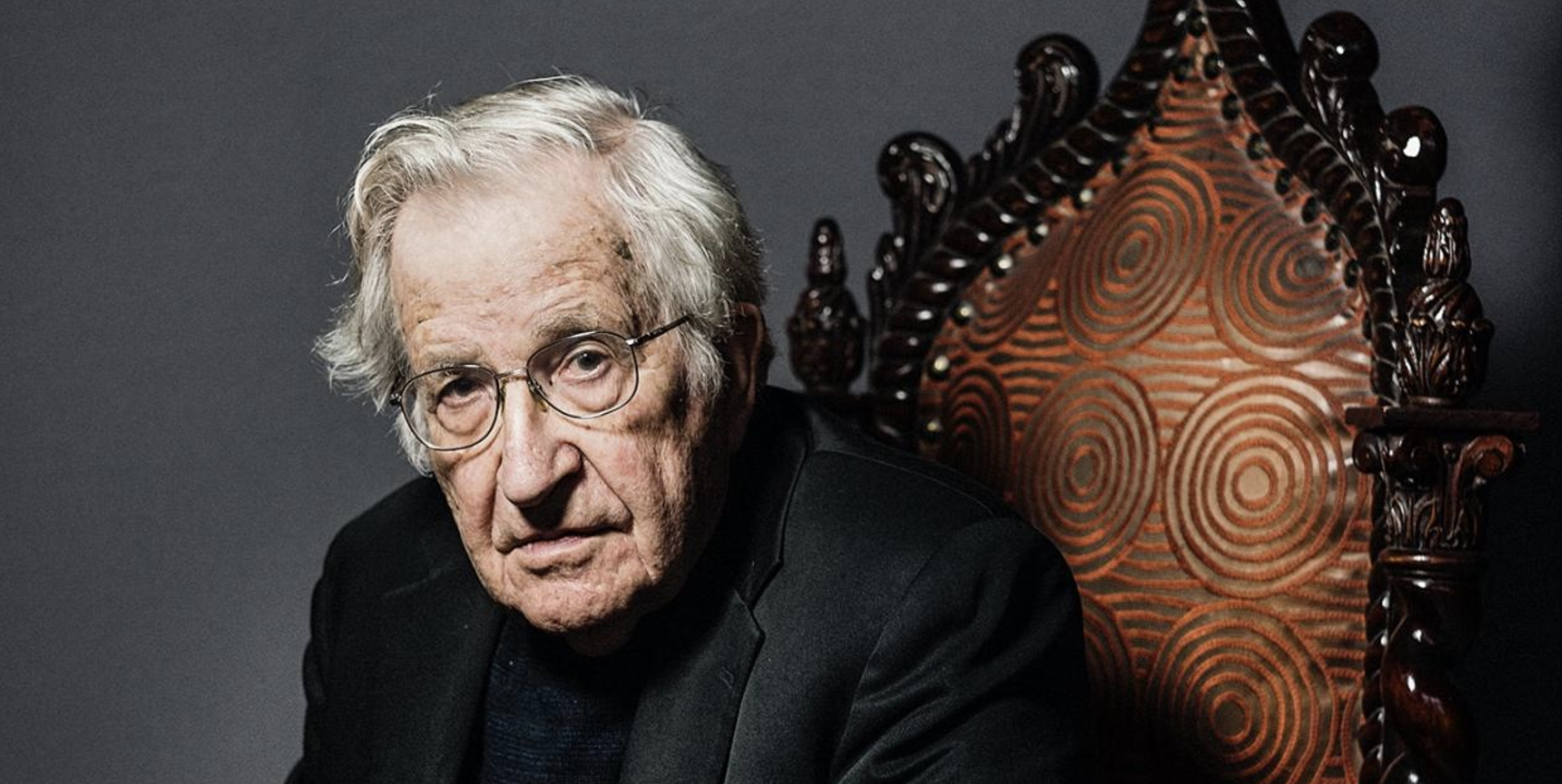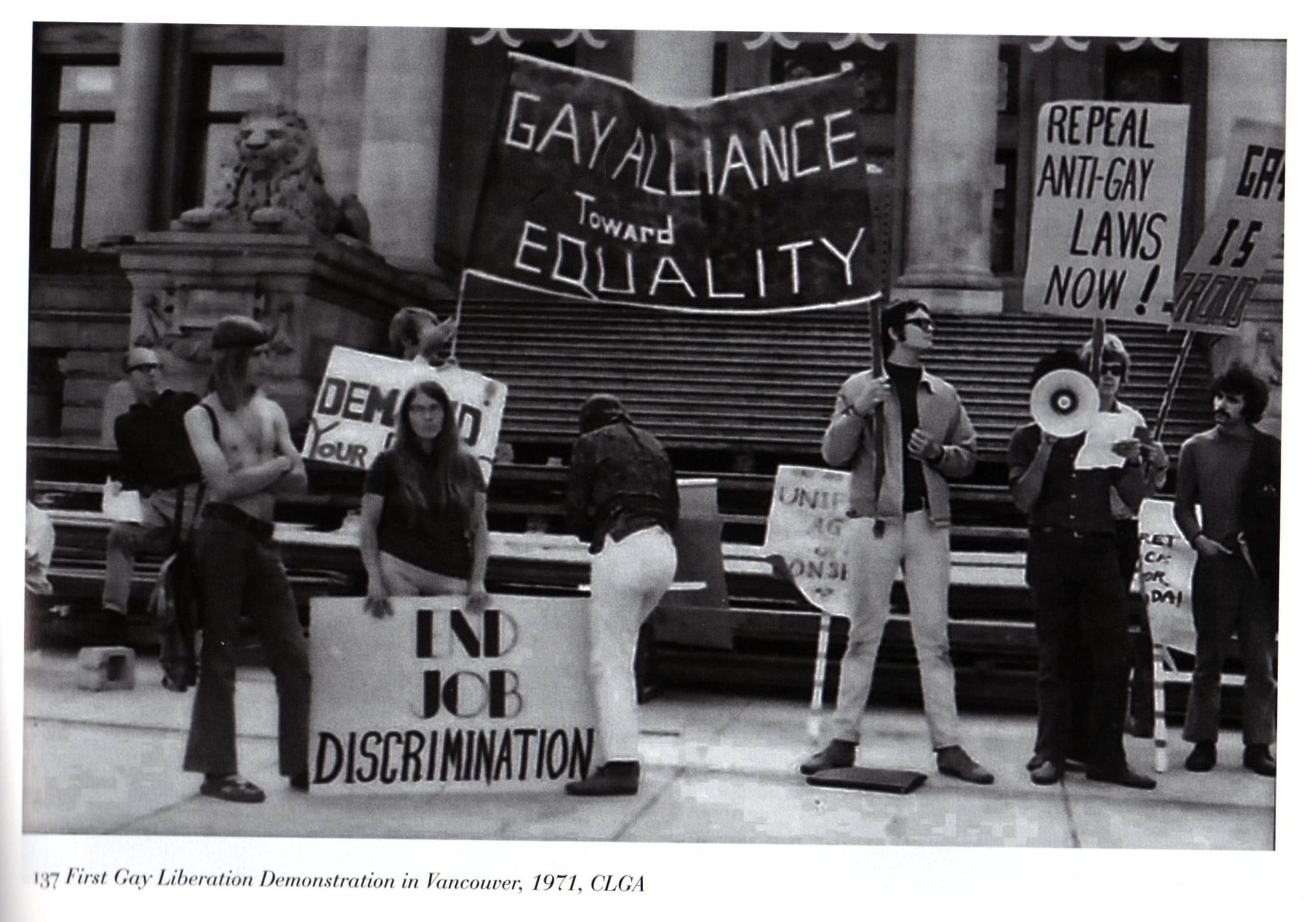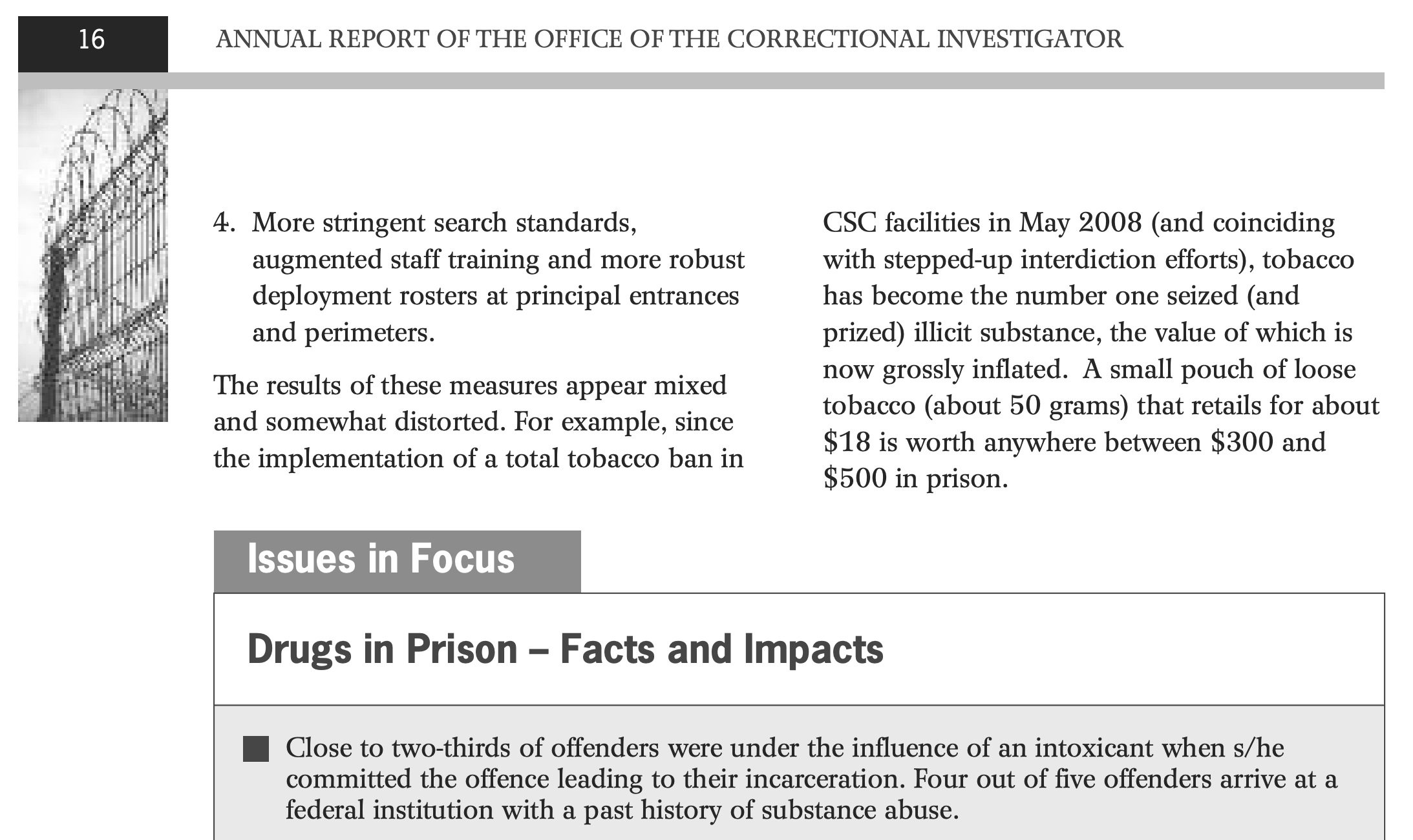Noam Chomsky deconstructs the drug war

For those of you who have never heard of him, Noam Chomsky is the most quoted living human being:
According to the Arts and Humanities Citation Index in 1992, Chomsky was cited as a source more often than any other living scholar during the 1980–92 period, and was the eighth most-cited source.[13][14][15]
http://en.wikipedia.org/wiki/Noam_Chomsky
.
.
.
He has opposed the U.S. global “war on drugs” numerous times. For example:
The War on Drugs is a controversial prohibition campaign undertaken by the United States government with the assistance of participating countries, intended to reduce the illegal drug trade, to curb supply and diminish demand for specific psychoactive substances deemed immoral, harmful, dangerous, or undesirable….
“, claiming its language to be misleading, and referring to it as “the war on certain drugs.” He favors education and prevention rather than military or police action as a means of reducing drug use. In an interview in 1999, Chomsky argued that, whereas crops such as tobacco receive no mention in governmental exposition, other non-profitable crops, such as marijuana, are specifically targeted due to the effect achieved by persecuting the poor
“US domestic drug policy does not carry out its stated goals, and policymakers are well aware of that. If it isn’t about reducing substance abuse, what is it about? It is reasonably clear, both from current actions and the historical record, that substances tend to be criminalized when they are associated with the so-called dangerous classes, that the criminalization of certain substances is a technique of social control.”
http://www.absoluteastronomy.com/topics/Noam_Chomsky
.
.
.
Recently, on his website www.chomsky.info, he wrote about the current status of the drug war:
Imperial Mentality and Drug Wars
The justification offered for the new military bases in Colombia is the “war on drugs.” The fact that the justification is even offered is remarkable. Suppose, for example, that Colombia, or China, or many others claimed the right to establish military bases in Mexico to implement their programs to eradicate tobacco in the U.S., by fumigation in North Carolina and Kentucky, interdiction by sea and air forces, and dispatch of inspectors to the U.S. to ensure it was eradicating this poison — which is, in fact, far more lethal even than alcohol, which in turn is far more lethal than cocaine or heroin, incomparably more than cannabis. The toll of tobacco use is truly fearsome, including “passive smokers” who are seriously affected though they do not use tobacco themselves. The death toll overwhelms the lethal effects of other dangerous substances.
The idea that outsiders should interfere with U.S. production and distribution of these murderous poisons is plainly unthinkable. Nevertheless, the U.S. justification for carrying out such policies in South America is accepted as plausible. The fact that it is even regarded as worthy of discussion is yet another illustration of the depth of the imperial mentality, and the abiding truth of the doctrine of Thucydides that the strong do as they wish and the weak suffer as they must — while the intellectual classes spin tales about the nobility of power. Leading themes of history, to the present day.
Despite the outlandish assumptions, let us agree to adopt the imperial mentality that reigns in the West — virtually unchallenged, in fact, not even noticed. Even after this extreme concession, it requires real effort to take the “war on drugs” pretext seriously. The war has been waged for close to 40 years and intensively for a decade in Colombia. There has been no notable impact on drug use or even street prices. The reasons are reasonably well understood. Studies by official and quasi-official governmental organizations provide good evidence that prevention and treatment are far more effective than forceful measures in reducing drug abuse: one major study finds prevention and treatment to have been 10 times as effective as drug interdiction and 23 times as effective as “supply-side” out-of-country operations, such as fumigation in Colombia, more accurately described as chemical warfare. The historical record supports these conclusions. There is ample evidence that changes in cultural attitudes and perceptions have been very effective in curtailing harmful practices. Nevertheless, despite what is known, policy is overwhelmingly directed to the least effective measures, with the support of the doctrinal institutions.
These and other facts leave us with only two credible hypotheses: either U.S. leaders have been systematically insane for the past 40 years; or the purpose of the drug war is quite different from what is proclaimed. We can exclude the possibility of collective insanity. To determine the real reasons we can follow the model of the legal system, which takes predictable outcome to be evidence of intent, particularly when practices persist over a long period and in the face of constant failure to approach the announced objectives. In this case, the predictable outcome is not obscure, both abroad and at home.
Abroad, the “supply-side approach” has been the basis for U.S.-backed counterinsurgency strategy in Colombia and elsewhere, with a fearful toll among victims of chemical warfare and militarization of conflicts, but enormous profits for domestic and foreign elites. Colombia has a shocking record of human rights violations, by far the worst in the hemisphere since the end of Reagan’s Central American terror wars in the 1980s, and also the second-largest internal displacement of populations in the world, after Sudan. Meanwhile, domestic elites and multinationals profit from the forced displacement of peasants and indigenous people, which clears land for mining, agribusiness production and ranching, infrastructure development for industry, and much else. There is a great deal more to say about this, but I will put it aside.
At home, the drug war coincided with the initiation of neoliberal programs, the financialization of the economy, and the attack on government social welfare systems, real, even though limited by international standards. One immediate consequence of the war on drugs has been the extraordinary growth in scale and severity of incarceration in the past 30 years, placing the U.S. far in the lead worldwide. The victims are overwhelmingly African-American males and other minorities, a great many of them sentenced on victimless drug charges. Drug use is about the same as in privileged white sectors, which are mostly immune.
In short, while abroad the war on drugs is a thin cover for counterinsurgency, at home it functions as a civilized counterpart to Latin America limpieza social cleansing, removing a population that has become superfluous with the dismantling of the domestic productive system in the course of the neo-liberal financialization of the economy. A secondary gain is that like the “war on crime,” the “war on drugs” serves to frighten the population into obedience as domestic policies are implemented to benefit extreme wealth at the expense of the large majority, leading to staggering inequality that is breaking historical records, and stagnation of real wages for the majority while benefits decline and working hours increase.
These processes conform well to the history of prohibition, which has been well studied by legal scholars. I cannot go into the very interesting details here, but quite generally, prohibition has been aimed at control of what are called “the dangerous classes” — those who threaten the rights and well-being of the privileged dominant minorities. These observations hold worldwide, where the topics have been studied. They have special meaning in the U.S. in the context of the history of African-Americans, much of which remains generally unknown. It is, of course, known that slaves were formally freed during the American Civil War, and that after ten years of relative freedom, the gains were mostly obliterated by 1877 as Reconstruction was brought to an end.
But the horrifying story is only now being researched seriously, most recently in a study called “Slavery by another name” by Wall Street Journal editor Douglas Blackmon. His work fills out the bare bones with shocking detail, showing how after Reconstruction African-American life was effectively criminalized, so that black males virtually became a permanent slave labor force. Conditions, however, were far worse than under slavery, for good capitalist reasons. Slaves were property, a capital investment, and were therefore cared for by their masters. Those criminalized for merely existing are similar to wage laborers, in that the masters have no responsibility for them, except to make sure that enough are available. That was, in fact, one of the arguments used by slave owners to claim that they were more moral than those who hired labor. The argument was understood well enough by northern workers, who regarded wage labor as preferable to literal slavery only in that it was temporary, a position shared by Abraham Lincoln among others.
Criminalized black slavery provided much of the basis for the American industrial revolution of the late 19th and early 20th century. It continued until World War II, when free labor was needed for war industry. During the postwar boom, which relied substantially on the dynamic state sector that had been established under the highly successful semi-command economy of World War II, African-American workers gained a certain degree of freedom for the first time since post-Civil War Reconstruction. But since the 1970s that process is being reversed, thanks in no small measure to the “war on drugs,” which in some respects is a contemporary analogue to the criminalization of black life after the Civil War — and also provides a fine disciplined labor force, often in private prisons, in gross violation of international labor regulations.
For such reasons as these, we can expect that the “war on drugs” will continue until popular understanding and activism reach a point where the fundamental driving factors can be discerned and seriously addressed.
Last February, the Latin American Commission on Drugs and Democracy issued its analysis of the U.S. “war on drugs” in the past decades. The Commission, led by former Latin American presidents Cardoso, Zedillo, and Gav’ria, concluded that the drug war had been a complete failure and urged a drastic change of policy, away from criminalization and “supply-side” operations and towards much less costly and more effective measures of education, prevention, and treatment. Their report had no detectable impact, just as earlier studies and the historical record have had none. That again reinforces the natural conclusion that the “drug war” — like the “war on crime” and “the war on terror” — has quite sensible goals, which are being achieved, and therefore continue in the face of a costly failure of announced goals.
Coups, UNASUR, and the U.S.
Noam Chomsky
Z Magazine, October 2009
http://www.chomsky.info/articles/200910–.htm



